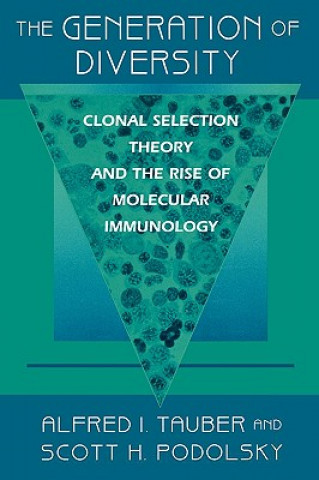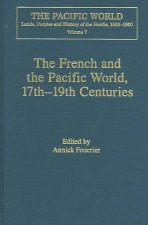
Doručení
Nákupní rádce





Nehodí se? Vůbec nevadí! U nás můžete do 30 dní vrátit
 Dárkový poukaz
V libovolné hodnotě
Dárkový poukaz
V libovolné hodnotě
S dárkovým poukazem nešlápnete vedle. Obdarovaný si za dárkový poukaz může vybrat cokoliv z naší nabídky.
Generation of Diversity
 Angličtina
Angličtina
 161 b
161 b
30 dní na vrácení zboží
Mohlo by vás také zajímat


In recent decades immunology has been one of the most successful fields of biomedical research. Between the 1970s and late 1990s, immunologists have acquired a detailed understanding of the immune system's unique recognition mechanism and of the cellular and chemical means used to destroy or neutralize invading organisms. This understanding has been formulated in terms of the clonal selection theory, the dominant explanation of immune behaviour. That story is the subject of this book. A major problem for immunologists had long been to determine how cells of the immune system could produce millions of distinct antibodies and produce them on demand. The clonal selection theory explains that cells with genetic instructions to produce each antibody exist in the body in small numbers until exposure to the right molecule, the antigen, triggers the selective cloning that will reproduce exactly the cell needed. But how can so many different antibody-producing cells be generated from such limited genetic material? The solution to this question came from new applications of molecular biology, and, as the authors argue, the impact of the new techniques changed both the methods and the concepts of immunology. The book aims to present an intellectual history of the major theoretical problem in immunology and its resolution in the post World War II period. It should provide for immunologists essential background for understanding the conceptual conflicts occurring in the field today.
Informace o knize
 Angličtina
Angličtina




 Jak nakupovat
Jak nakupovat

























